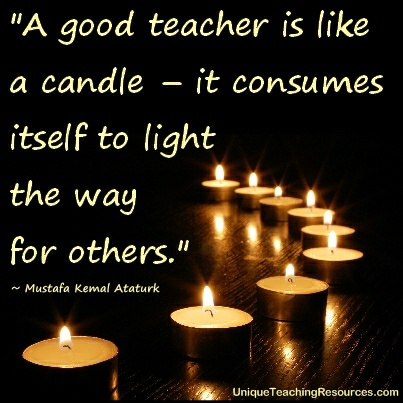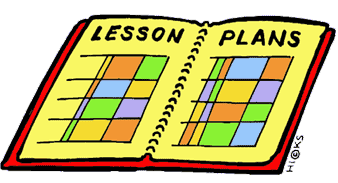Let me give you a brief overview of my unit. This unit is my first unit for my Agriscience Applications class. This class serves as a introduction class to the agriculture curriculum. This unit covers Interviewing and Ag Sales. It is only 4 days. The first day I cover how to write a resume and cover letter. The second day I will cover interviewing skills and mannerisms. The third day I will review some basic economic principles. The last day I am most excited for! The last day will truly put the students to the test as they will compete in a Shark Tank to sell their products.
I did some minor revisions to the wording of my objectives to make better use of some actions words. I also added some minor details as far as number of students in the class and age group of learners. Overall, the review of my unit plan went very well and I was quite pleased with it.










